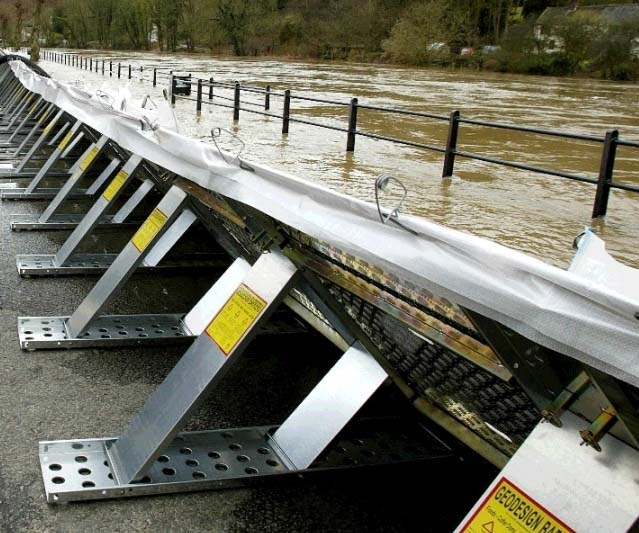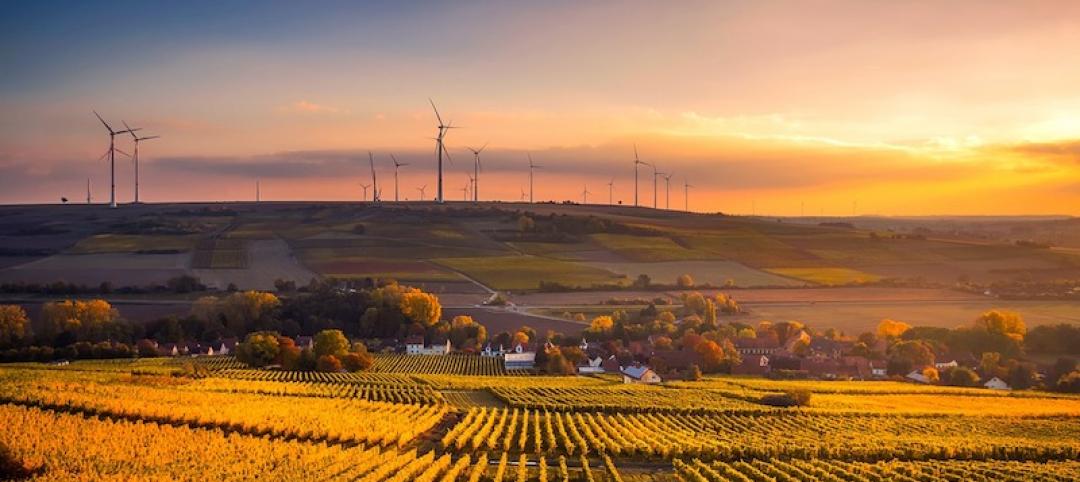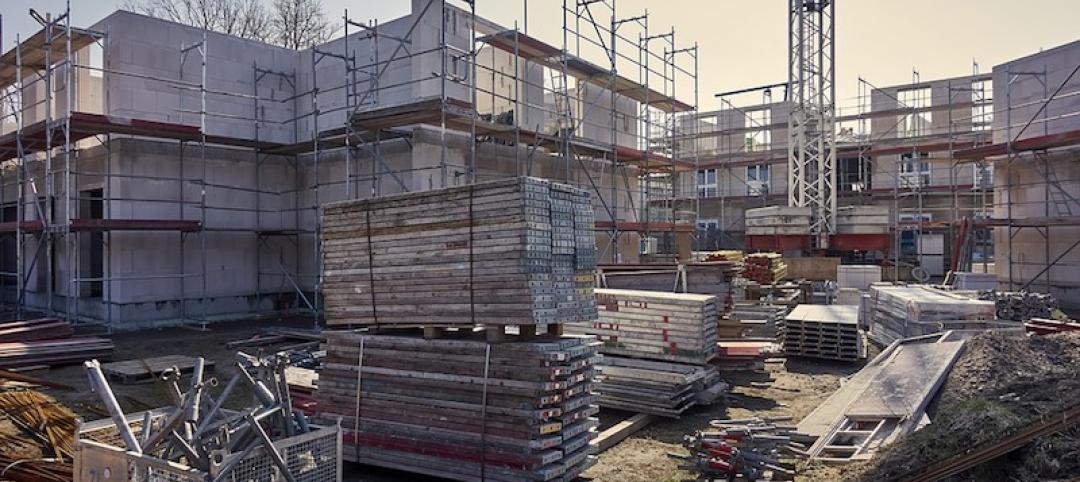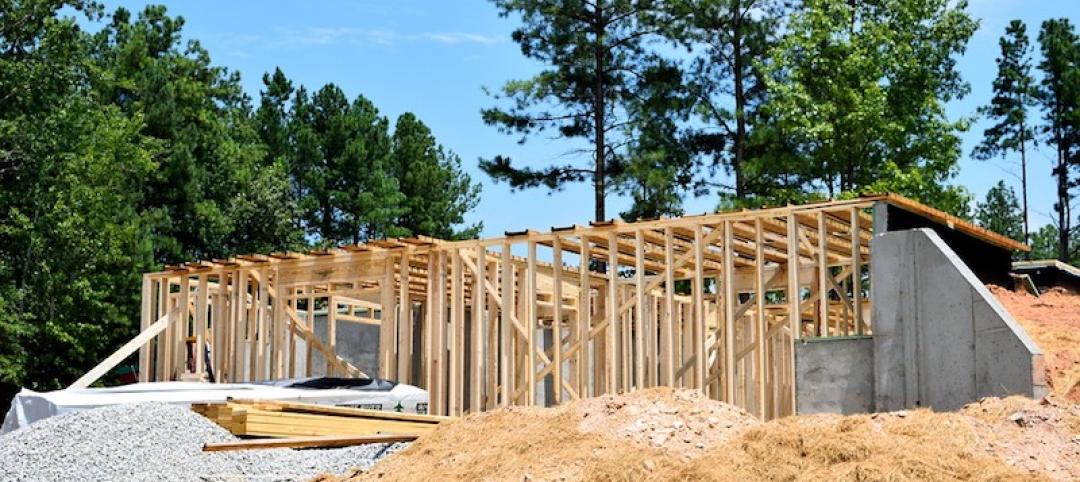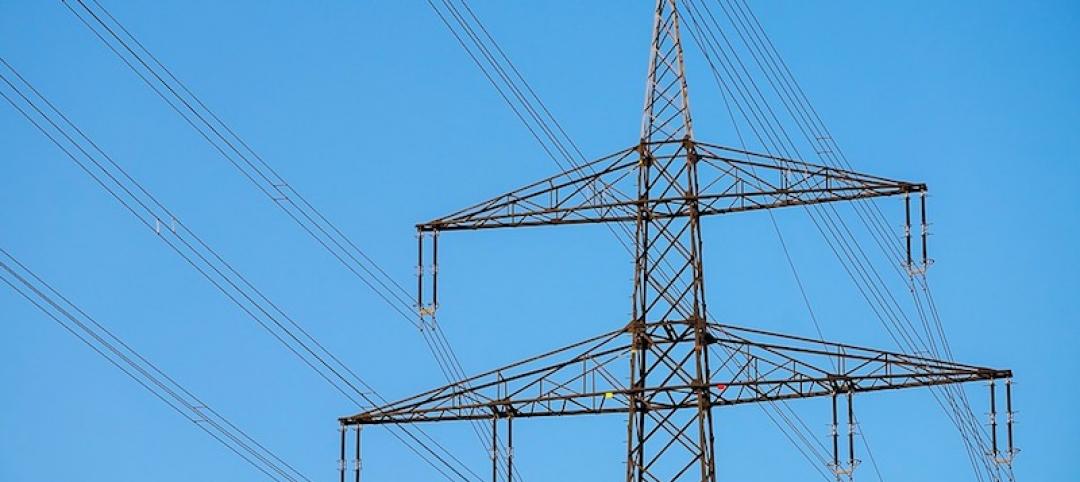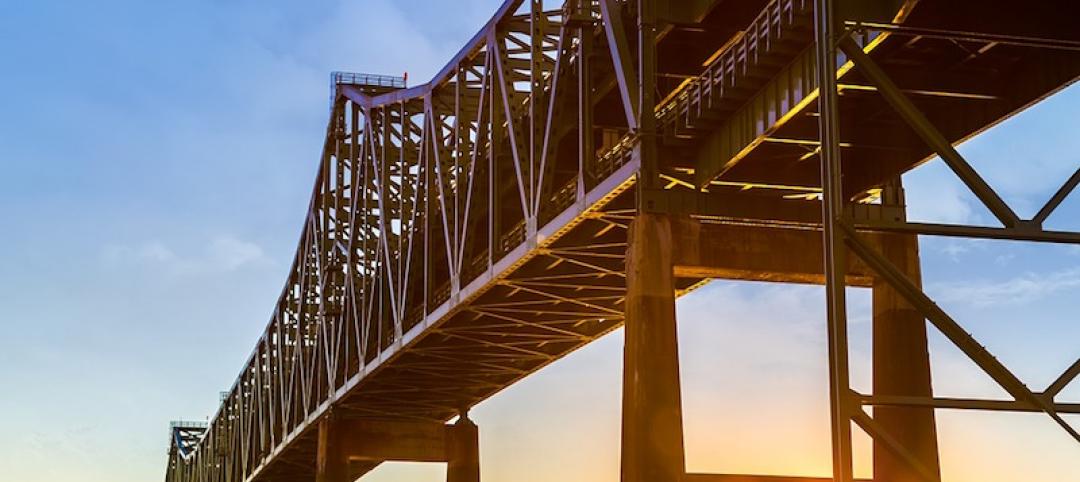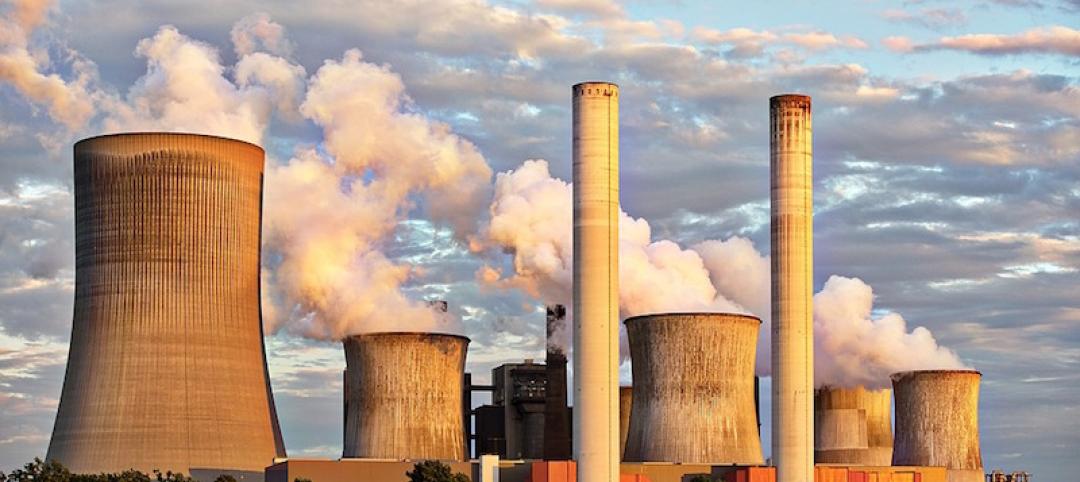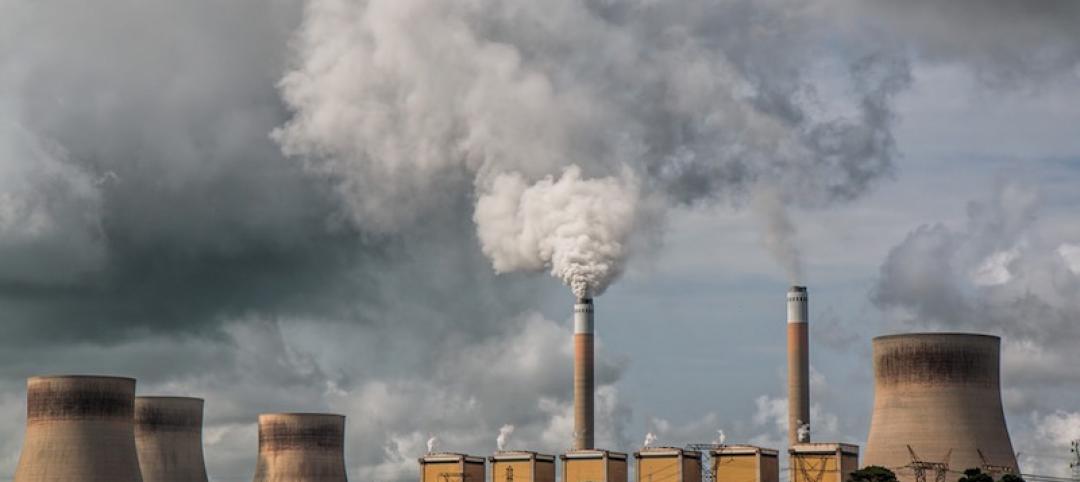Sea levels around Boston could rise as much as 7.5 feet by 2100, according to climate scientists. As a result, the city is at risk of significant flooding during high tides and normal rainfall let alone big storms.
The Urban Land Institute held brainstorming sessions over the last several months involving more than 70 engineers, architects, and development and insurance specialists to examine how rising sea levels would affect four representative areas in and around Boston. The group concluded that the area should consider building canals to absorb and divert water and higher sea walls for flood protection. It also called on called on municipalities to discuss ways to raise money for preparing vulnerable areas and to alter building and zoning rules to take the likelihood of flooding into account.
“We’re not going to start digging the canals tomorrow,” Brian Swett, Boston’s chief of energy, environment, and open space, told the Boston Globe. “But the report makes the important point that you can’t solve 6 feet of sea level rise simply by building a bigger dam on the Charles River.”
In the low-lying Alewife section of Cambridge, new residences might have to be concentrated into taller buildings with more space between them to make room for water infiltration. The report also suggested that retail shops be concentrated into a raised corridor to keep them above flood waters.
Related Stories
Codes and Standards | Apr 19, 2018
ILFI launches new Zero Carbon Certification
Offers greater flexibility around project fuel types and offsetting renewables.
Codes and Standards | Apr 18, 2018
New Green Globe pilot program launched
Precursor to revised Green Globes Assessment Protocol for Commercial Buildings.
Codes and Standards | Apr 17, 2018
Contractor charged with fraud in winning $200 million in federal contracts
Accused of falsely claiming veteran- and minority-owned business status.
Codes and Standards | Apr 16, 2018
Wide variations in adoption of National Electric Code could jeopardize safety
An NFPA report found that code adoption is under heavier political scrutiny, leading to delays and decisions motivated by factors other than safety concerns.
Codes and Standards | Apr 12, 2018
Corruption in New York City construction industry is common
Scale of projects, number of players involved contributes to problem.
Codes and Standards | Apr 11, 2018
Urgent need for government to make communities, infrastructure more resilient
More than 350 people died from extreme weather events in 2017.
Codes and Standards | Apr 10, 2018
Boosting energy efficiency helps reduce health risks
Cleaner air results in fewer heart attacks, respiratory disease, and premature deaths.
Codes and Standards | Apr 9, 2018
U.K. business leaders call for zero-carbon buildings by 2030
Real estate, construction industry executives among those supporting the goal.
Codes and Standards | Apr 5, 2018
In Houston, proposed rules would require building above 500-year flood level
Change would impact 85,739 pieces of property.
Codes and Standards | Apr 4, 2018
New ASTM standard supports stucco use in construction
Provides way to measure tensile strength in vertical applications.


